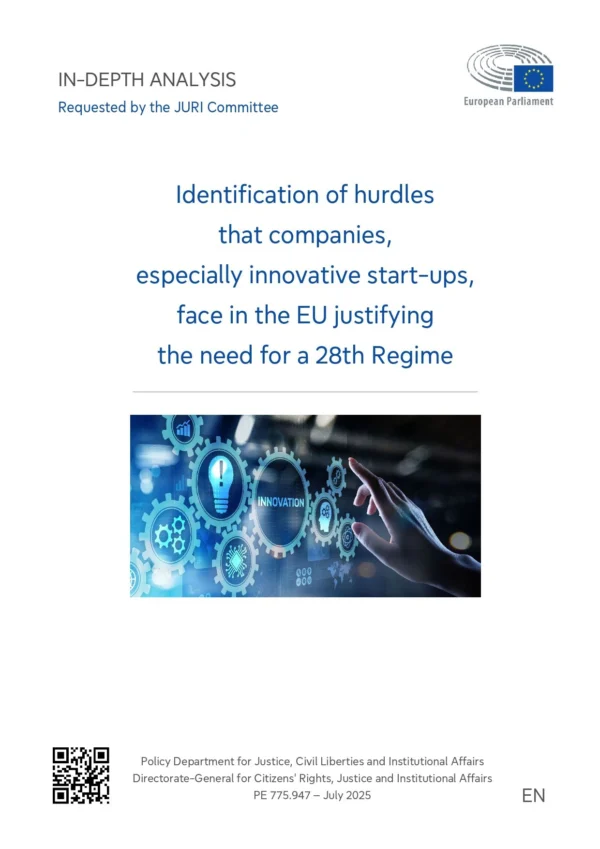European industry requires a substantial review of the policies that promote its global competitiveness. The EU industrial system relies on value chains, but in the past few years their structural vulnerabilities have been exposed. Recent global events have exacerbated these further. This report, prepared in the context of the CEPS Industrial Policy Task Force, identifies 13 recommendations that would increase EU industry’s resilience to any shocks along its value chains.
The disruptions caused by Covid-19, and by both emerging and long-established global geopolitical tensions, call for bold steps by the EU if it is to actively recover from the current crisis, address other pressing challenges and improve its preparedness for future crises. Furthermore, sustainability and respect for fair practices along the value chains are fundamental issues to tackle with an adequate and timely response.
Governments play an important role in the management of value chains, and the EU should actively improve the governance of its own value chains. In a productive European environment, where more fruitful relations with the private sector are nurtured, and excessive dependence on third countries reduced, the strategic sectors of EU industry could flourish, along with their global competitiveness.
The acceleration of technological innovation, the intense circulation of data, and the increase in trade in services along the value chains make it necessary for the EU industrial system to find new structures where digital solutions have a bigger space. Transparency and the use of data along the value chains would help build modern, resilient and sustainable value chains.













